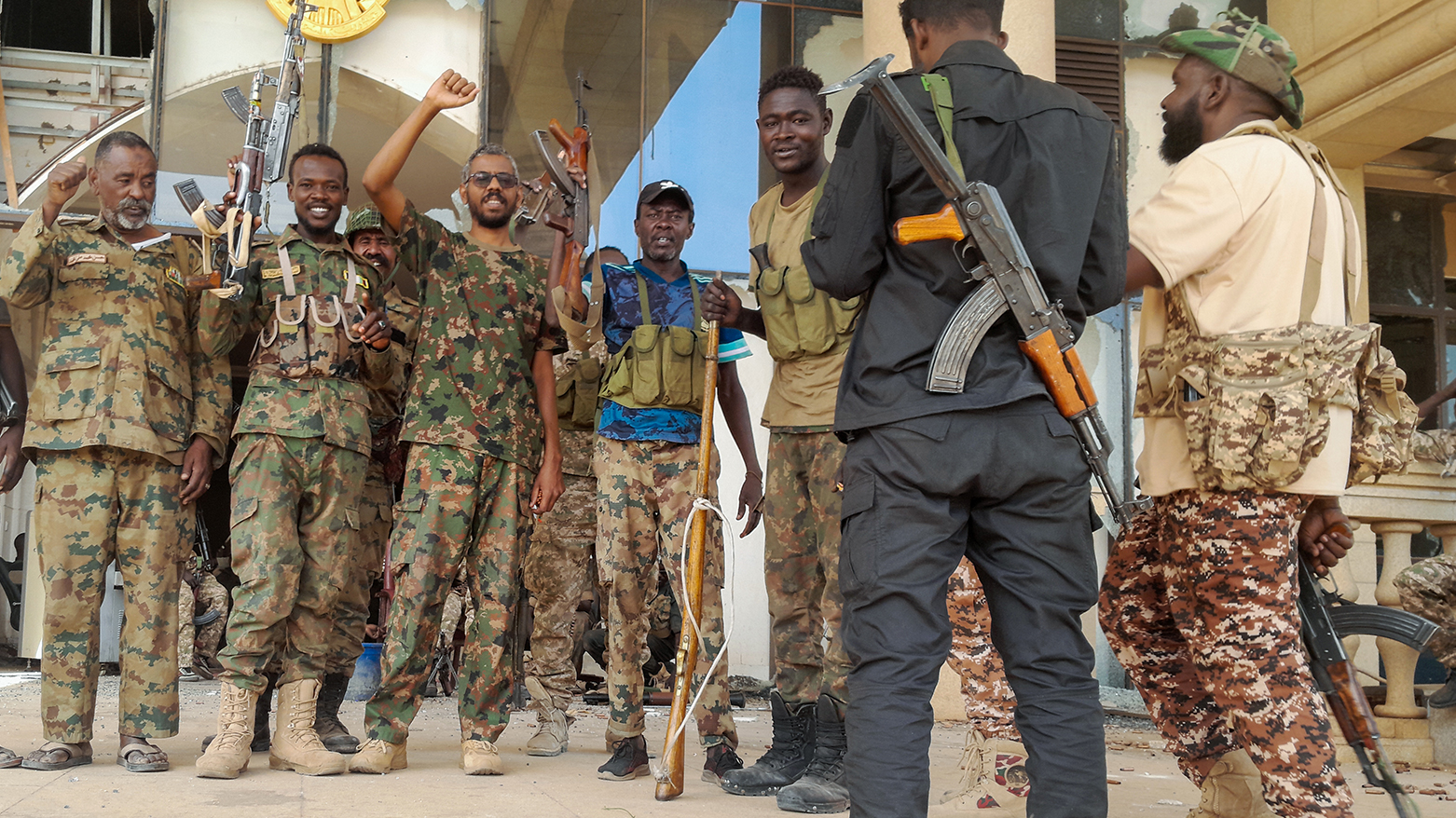Sudanese Army Claims Full Control of Khartoum After RSF Withdrawal
The declaration comes days after the Sudanese military gained control over several key government and private institutions in central Khartoum.

By Ahora Qadi
ERBIL (Kurdistan 24) – Sudanese Army Commander Abdel Fattah al-Burhan declared on Tuesday that government forces have taken control of the presidential palace and Khartoum International Airport following continued offensives against the Rapid Support Forces (RSF).
Army Secures Key Sites
In a televised statement from the presidential palace, al-Burhan announced, “Khartoum is liberated today, and our forces have inflicted significant losses on the RSF in the Baqir region.” He also confirmed that RSF units had withdrawn to Jabal Kabo in southern Khartoum.
The declaration comes days after the Sudanese military gained control over several key government and private institutions in central Khartoum, except for Tuti Island and the presidential palace itself, which is now under army control.
Ongoing Conflict and Humanitarian Crisis
The conflict, which erupted in April 2023 between the Sudanese Armed Forces (SAF) and the RSF led by Mohamed Hamdan Dagalo, has caused significant civilian casualties. Over the past two years, tens of thousands have been killed or injured, while hundreds of thousands have been displaced.
According to the United Nations High Commissioner for Refugees (UNHCR), approximately 10 million people have been internally displaced, with 2 million others seeking refuge in neighboring countries. Libya alone hosts around 210,000 Sudanese refugees as of January 2025.
Humanitarian Concerns in Libya
The situation for Sudanese refugees in Libya is particularly dire, with reports of severe human rights violations. UNHCR has warned that the lack of adequate assistance could drive refugees to embark on perilous journeys to Europe. Many refugees arrive in Libya without valid identification, making their legal status precarious under Libyan law.
The UN has sounded the alarm on the human cost of the ongoing war, urging international actors to address the humanitarian crisis and provide essential support to Sudanese refugees. Despite the challenges, many displaced individuals remain hopeful for safety and stability, either in Libya or through further migration.
Future Prospects
As Sudan’s military strengthens its grip on Khartoum, uncertainties remain regarding the conflict's resolution. Regional and international stakeholders are closely monitoring developments, with calls for renewed diplomatic efforts to end the violence and pave the way for lasting peace in Sudan.